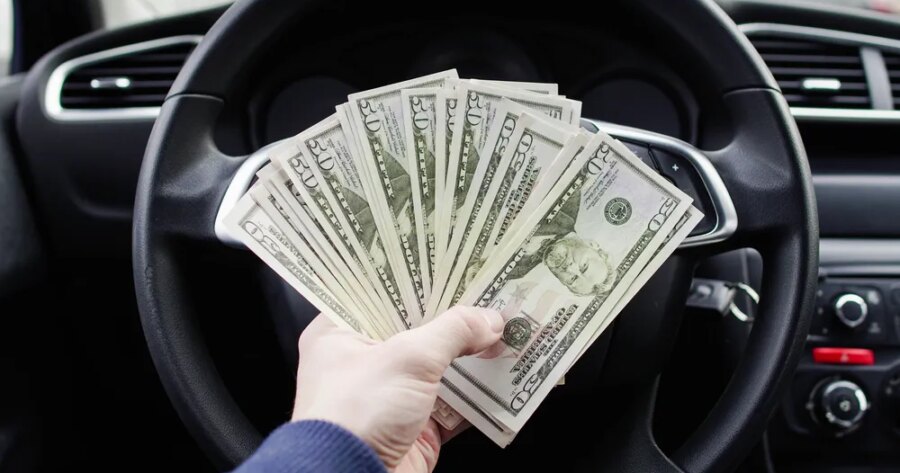Selling or trading your car can be overwhelming, but with the right approach, you can ensure you get the best value. Whether you’re upgrading to a new vehicle or simply looking to offload your current one, preparation is key. While market conditions fluctuate, there are strategies you can use to boost your car’s appeal and increase the chances of securing a favorable deal. A little effort upfront can make all the difference in your car-selling experience.
Assess Your Car’s Market Value
The first step in maximizing value is understanding what your car is worth in the current market. Online valuation tools such as Kelley Blue Book or Edmunds offer an estimate based on the car’s make, model, year, mileage, and condition. However, these are just benchmarks, and prices can vary between private sales and dealerships.
- Consider local market trends. The popularity of certain vehicles may differ depending on your area. For example, trucks and SUVs might sell better in rural areas, while compact cars could be in demand in urban markets.
- Compare listings for similar vehicles. Look at online marketplaces to see what comparable cars are being listed for. Keep in mind that asking prices are not always the final sale prices.
Decide Between Selling Privately or Trading In
Both options—selling privately or trading in—have their pros and cons. Evaluating these will help you choose the option that aligns with your priorities.
- Selling privately can often yield a higher return, but it requires more time and effort. You’ll need to advertise the car, meet with potential buyers, and negotiate directly.
- Trading in at a dealership offers convenience, especially if you plan to purchase a new vehicle from the same dealer. However, dealerships may offer slightly less than a private sale since they need to make a profit on resale.
If time is a factor, or you prefer to avoid the hassle of managing multiple buyer inquiries, a trade-in might be the more practical route. But if maximizing profit is the priority, selling privately could be worth the effort.
Improve Your Car’s Appeal Before Selling
First impressions matter when selling or trading in your vehicle. Investing a little time and money into cleaning and minor repairs can increase the car’s perceived value.
- Thorough cleaning: Wash and wax the exterior, vacuum the interior, and wipe down all surfaces. A professional detailing service may be worth the cost, especially for higher-end cars.
- Address minor repairs: Replace burned-out bulbs, refill fluids, and fix small cosmetic issues such as scratches or dents. Although you don’t need to invest in major repairs, ensuring the car appears well-maintained can make a positive difference.
- Gather maintenance records: If you’ve kept up with regular maintenance, compile service receipts to provide potential buyers. This documentation reassures buyers that the vehicle has been well cared for, which could justify a higher asking price.
Time the Sale Strategically
When you sell or trade in your car can also impact the value you receive.
- Consider seasonal trends: Convertibles and sports cars tend to sell better in spring and summer, while SUVs and trucks may fetch higher prices in winter.
- Plan ahead if you’re trading in: Dealerships may offer better trade-in deals towards the end of the month, quarter, or year as they aim to meet sales targets.
- Monitor the used car market: Fluctuations in supply and demand can influence car values. If used car prices are high, you may receive more for your vehicle; when the market is flooded with inventory, prices might drop.
Negotiate with Confidence
Negotiation is a key part of securing the best value for your car, whether you’re dealing with a private buyer or a dealership.
- Set a realistic asking price: If selling privately, price your car slightly above what you’re willing to accept, allowing room for negotiation. However, don’t set the price too high, as it could deter potential buyers.
- Know your limits when trading in: Research the trade-in value beforehand and be prepared to walk away if the dealer’s offer is too low. Some buyers may also allow you to leverage quotes from other dealerships.
- Be patient: While you might feel pressured to finalize a deal quickly, waiting for the right offer can often yield better results.
Learn More Getting the Best Value for Your Car
Selling or trading your car doesn’t have to be overwhelming. By taking a strategic approach—starting with assessing your car’s value, preparing it for sale, and timing your transaction—you can increase the odds of receiving a favorable return.
While factors like market trends and buyer behavior can be unpredictable, thoughtful preparation and patient negotiation are key to achieving the best possible outcome. Whether you choose to trade in or sell privately, knowing your priorities and staying organized will help you feel confident.

